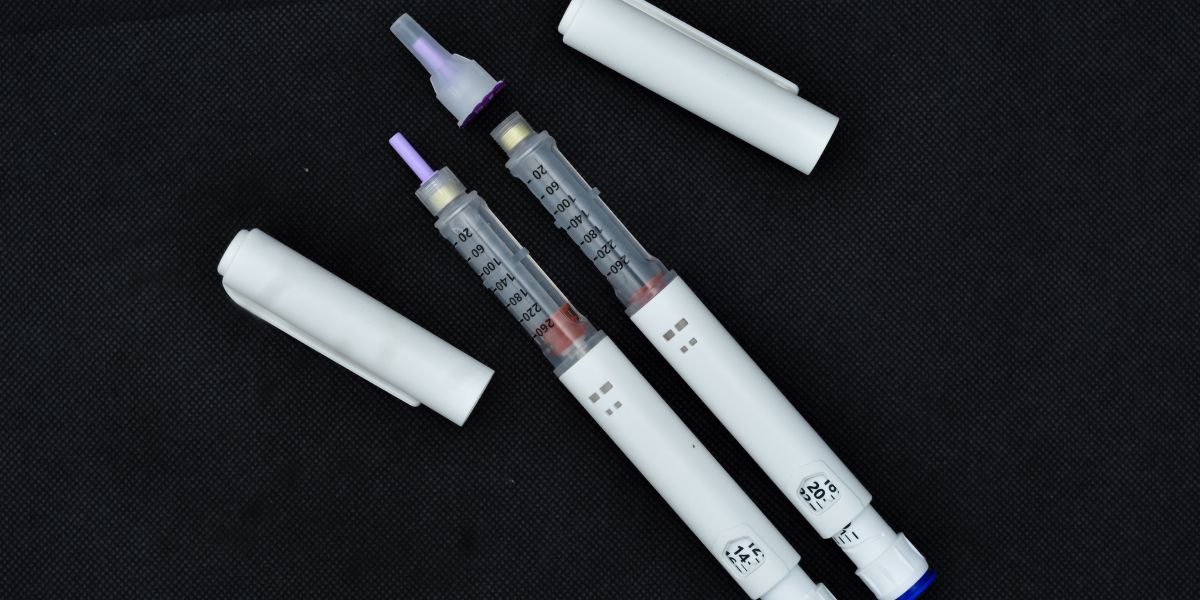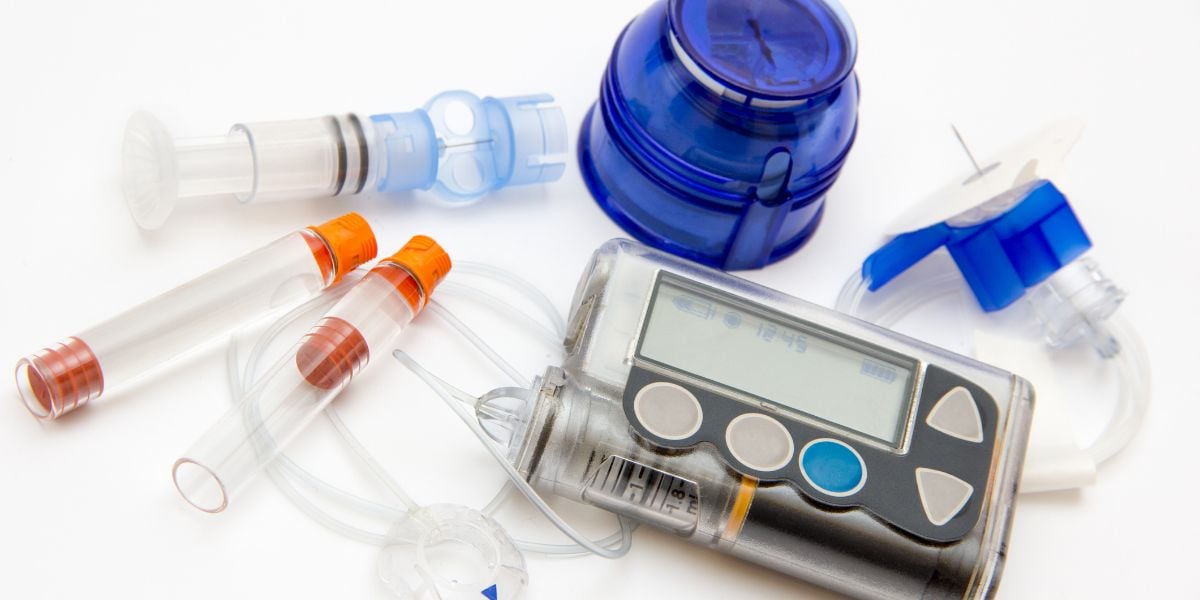Intensive insulin therapy can be an effective way of controlling blood glucose levels and minimising the risk of long term diabetic complications
Intensive insulin therapy requires a lot of commitment and a good level of understanding of diabetes and therefore it may not be suitable for all people with diabetes.
What is intensive insulin therapy?
Intensive insulin therapy is a term used to describe tight management of blood sugar levels
The regime to manage diabetes this way will include frequent testing and either regular shots of insulin or use of an insulin pump
The goal of intensive insulin therapy is to maintain control within the recommended blood glucose level guidelines as often as possible.
How is intensive insulin therapy achieved?
Intensive insulin therapy is carried out by a combination of multiple injections per day , blood glucose testing several times a day, carbohydrate counting and often communication and consultation with your healthcare team.
Access to the use of continuous glucose monitoring (CGM) may be particularly helpful in either maintaining or establishing a successful regime.
Is intensive insulin therapy right for me?
If you have a good understanding of diabetes, are confident adjusting your own insulin doses and are happy to either take multiple injections of insulin a day or to use an insulin pump , then you may wish to consider intensive insulin therapy.
As one of the goals of intensive insulin therapy is to keep sugar levels from going too high , some people may find themselves more at risk of hypoglycemia
This is one of the reasons why intensive insulin therapy may not be for everyone.
Speak to your healthcare team if you feel that you would like to take on an intensive insulin therapy regime.
What alternative insulin regimens are used?
Conventional insulin therapy is the term for a basic regime of, usually, between 1 and 3 injections a day with fixed doses that are generally changed only occasionally.
Flexible insulin therapy is similar to intensive insulin therapy in that it can involve up to several injections a day, however, there is slightly less stress on keeping glucose levels so tightly controlled.




